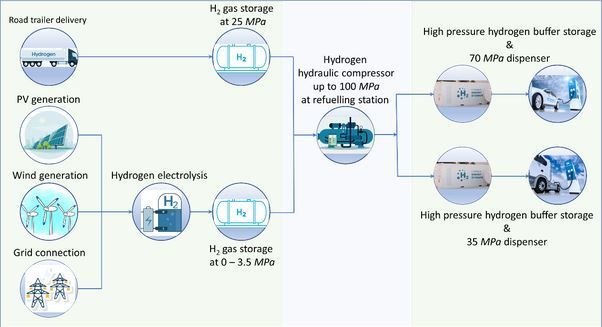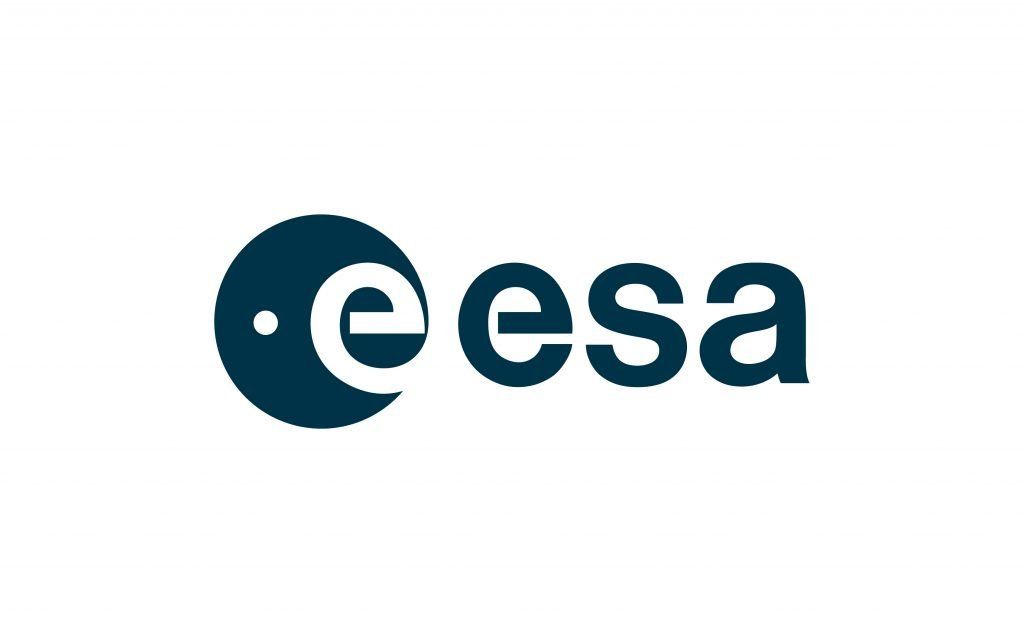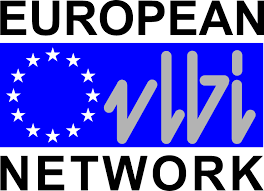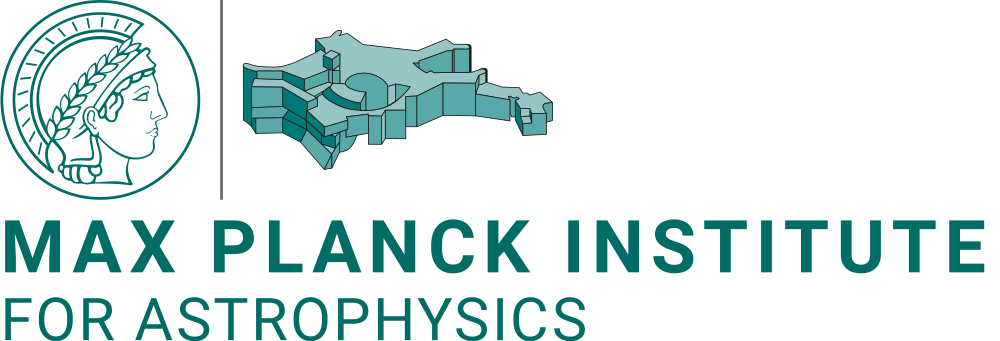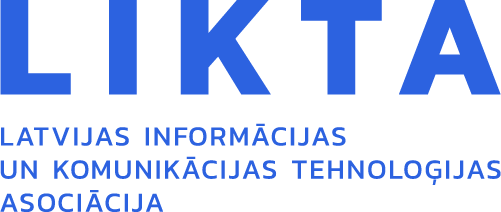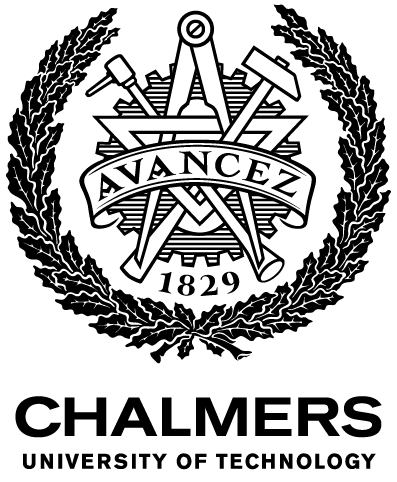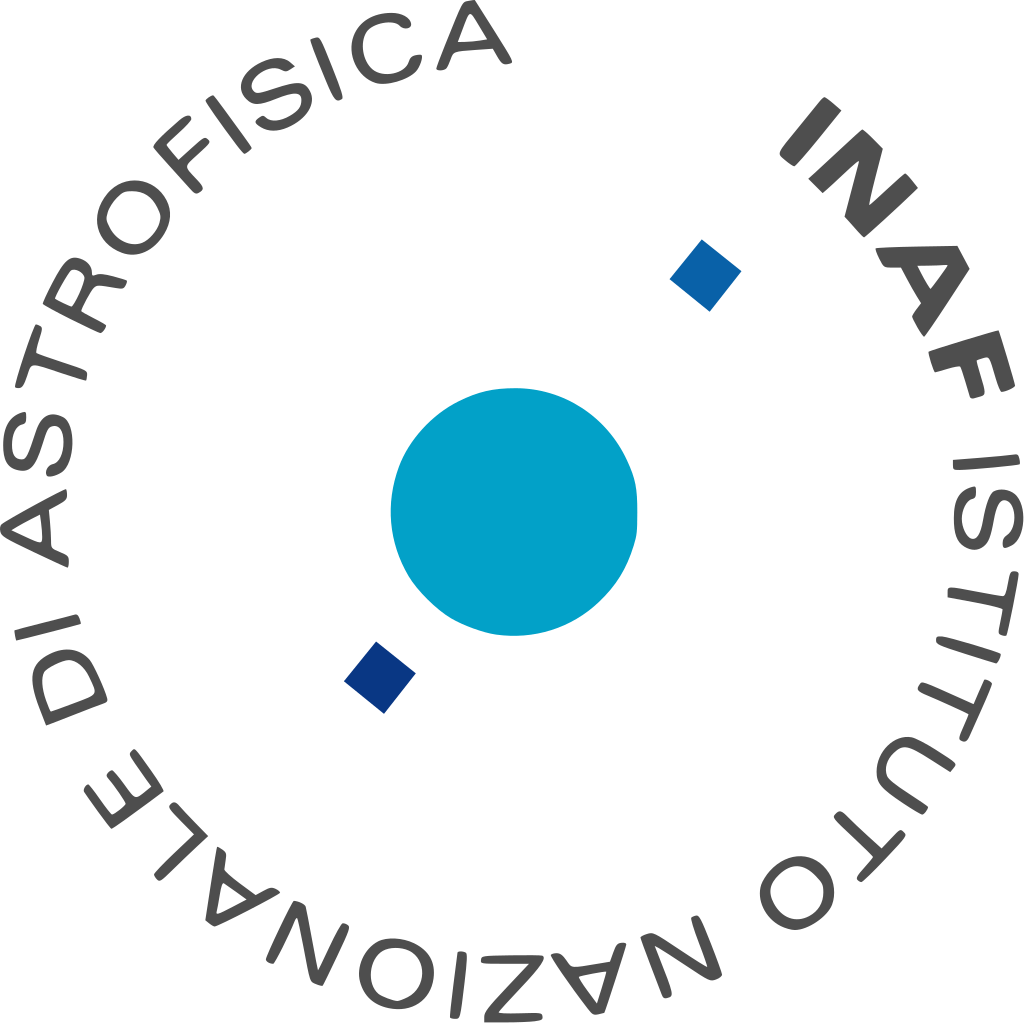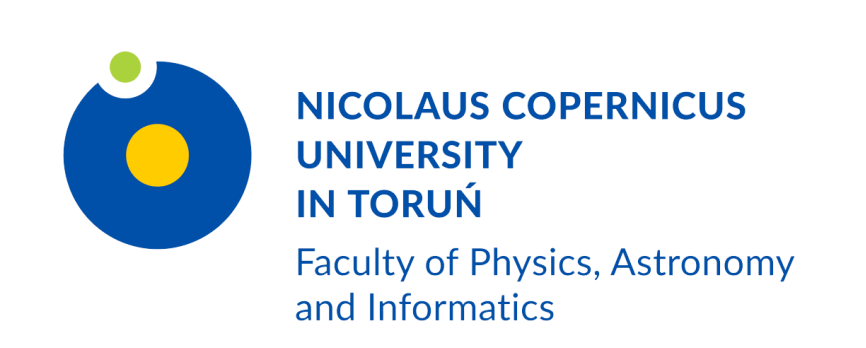This web page is created within BALTICS project funded from the European Union’s Horizon2020 Research and Innovation Programme under grant agreement No.692257.
Implementation of the ERDF-funded research project "H2-Compression" has been completed at the VIRAC
December 4, 2023
Implementation of the ERDF-funded research project "H2-Compression" has been completed at the Ventspils International Radio Astronomy Centre
On 30 November, 2023, the Engineering Research Institute "Ventspils International Radio Astronomy Centre" (VIRAC) of Ventspils University of Applied Sciences (VUAS) has completed an important applied research project, which involved four organisations for almost three years: Ventspils University of Applied Sciences (VUAS), VZI APP Institute of Physical Energy, "Ventspils University of Applied Sciences Development Fund" and JSC "LATVO". The project was carried out by a team of 14 researchers, engineers and students.
Applied Research Project No 1.1.1.1/20/A/185 "Development of Hydrogen Hydraulic Compression Technology for Hydrogen Fueling Stations (H2- Compression)" was implemented under the European Regional Development Fund (ERDF) Operational Programme "Growth and Employment" 1. 1.1.1.1. within the framework of the 4th round of the measure "Practical oriented research".
A growing number of countries and companies are engaged in intense competition for leadership in clean hydrogen technologies. Today, more than 30 countries have developed or are preparing hydrogen strategies, indicating growing interest in developing hydrogen value chains. It's apparent that hydrogen has the potential to make a significant contribution to three of the most important tasks concerning energy use: sustainable economic development of the European Union, reducing greenhouse gas emissions and curbing air pollution.
In recent years, the use of hydrogen energy in transport and the concept of a hydrogen economy has benefited from a fresh wave of strong political support. At the same time, rapidly evolving technologies have raised the possibility of using hydrogen as a driver for a future carbon-neutral energy system. At the heart of this initiative is the desire for energy security and independence. The European Union has set an ambitious goal to become the first climate neutral continent by 2050, which is in line with the guidelines of the European Commission.
The research project was aimed at acquiring new knowledge and skills for the development of an innovative technological solution to compress gaseous hydrogen. In this system, low-pressure hydrogen gas is compressed by gradually introducing it into vertically arranged compression cylinders. Compression is achieved by utilizing a liquid piston, which is operated by a high-pressure hydraulic pump. The proposed hydraulic compression technology for hydrogen is designed to serve as a booster compressor in a refueling station. This station can either receive hydrogen brought in by a truck in tubes or produce hydrogen locally through the electrolysis of water in limited quantities. The uniqueness of this solution lies in its adaptability to changing parameters of the inlet pressure of hydrogen, and it allows for the stabilization of the hydrogen accumulation process in the high-pressure buffer reservoir.
During the implementation of the project, all the tasks outlined were successfully completed, including:
- Analysis of existing technologies and study of the problems arising from hydraulic compression of hydrogen;
- Establishing a credible numerical model of the hydrogen compression process with a liquid piston, an analysis of the thermodynamic parameters in the system under development and temperature variations during gas compression in the proposed solution;
- Selection of a working fluid compatible with hydrogen gas, suitable for use in compression;
- Development of a set of algorithms for controlling compression processes in the hydrogen compression system.
- Technology development of new compression chamber geometry allowing to reduce gas temperature and foaming inside the cylinder when filling it with working fluid under high pressure;
- Development of numerical models of working fluid flow in the compression chamber;
- Development of numerical models and calibration methodology for the digital flow counter;
- Determination of power consumption for compressing a specified volume of gas.
- Analysis of appropriate materials for compressors and high-pressure hydrogen storage tanks, capable of withstanding pressures up to 100 MPa;
- Preparation of documentation for the patenting of technical solutions;
- Preparation of project results for publication in scientific journals and for presentation at conferences.
- Selection of industrial partners and adaptation of the technical parameters of the developed system to the users' needs.
The outcome of this project is two new innovative technologies of hydrogen compression, designed for use in refuelling stations for urban transport powered by hydrogen. Within the framework of the project the developed technical solutions might be of particular interest for further commercialisation together with companies dealing with hydrogen compression and development of the hydrogen industry. The proposed concept is especially attractive when combined with the use of green hydrogen produced by electrolysis, fed from wind turbines, solar panels or the electricity grid.
Initially conceptualized as an industrial research endeavor, the project has equipped all participating team members with fresh knowledge and skills in the creation of innovative technological solutions.
During the project, obtained results significantly increased the understanding of the field of the hydrogen economy sector and more clearly identified its future prospects. Thanks to this project, the research team joined the Latvijas Hydrogen Alliance. During a year and a half, we regularly informed the association about the ongoing research, shared the project results, searched for potential partners for further co-operation, and always had access to up-to-date information in the field of hydrogen energy.
The novelty and relevance of the project results are confirmed by 2 Latvian patents and a European patent application. Scientific materials have been reported in three articles and two conferences.
During the project implementation period, we have also submitted several proposals for other projects related to renewable energy topics, which will allow us to continue research in the field of energy. In addition, an application for a commercialised project is planned to be submitted to the Latvian Investment and Development Agency (LIAA) in the near future. The patents obtained in the framework of the project attracted the interest of the international corporation Atawey, one of the leaders of the hydrogen sector. In November 2023, an auction was held in which Atawey agreed to buy these patents. This action should initiate a closer co-operation between the project team and the industry.
The "H2-Compression" project was initiated with a keen eye on industry needs, addressing specific challenges in Hydrogen compression. At the beginning of the project, it was intended to develop the technology of hydraulic compression and bring it to TRL 5. This was realised in complete scope during the project implementation. The system and components of the declared technology (hydraulic compression process, control system, required working fluids, compression chamber geometry) were tested under laboratory conditions and in the relevant environment (hydrogen atmosphere).
In addition, the research enabled us to develop a new compression chamber geometry and validate it in the laboratory. The development level of the second technological solution has reached TRL 4.
The results of the current project have solved technological problems that simplify the production of a hydraulic compressor for the compression of hydrogen. The solutions we have proposed are new and innovative, as well as cheaper to produce than other options currently available worldwide. The technical characteristics of the proposed design adjusted with the requirements for hydrogen fuelling stations and international standards in this field.
The project achieved a big step forward by making the technology more practical and useful. It also opened the door for working together with the industry on many new opportunities. The project focused on solving real-world problems and looked at the whole process, making it a key factor in moving Hydrogen forward as a widely used and eco-friendly product.
Project PI - VIRAC Senior Researcher Valerijs Bezrukovs, Project Administrative Manager Ieva Rozenberga, Project Executive Principal Investigator Vladislavs Bezrukovs.
The total approved project cost is EUR 539 577,35 and is financed from the following financial sources:
- European Regional Development Fund - EUR 444 018.20;
- State budget funding of EUR 55090.84;
- Funding from the Ventspils University of Applied Sciences, the Ventspils University of Applied Sciences Development Fund, the Institute of Physical Energetics and JSC "LATVO" in the amount of EUR 40 468.31.
The duration of the H2-Compression project was 31 months (01.05.2021 - 30.11.2023).
